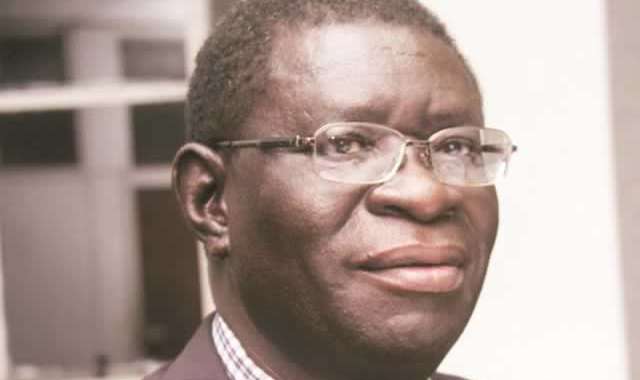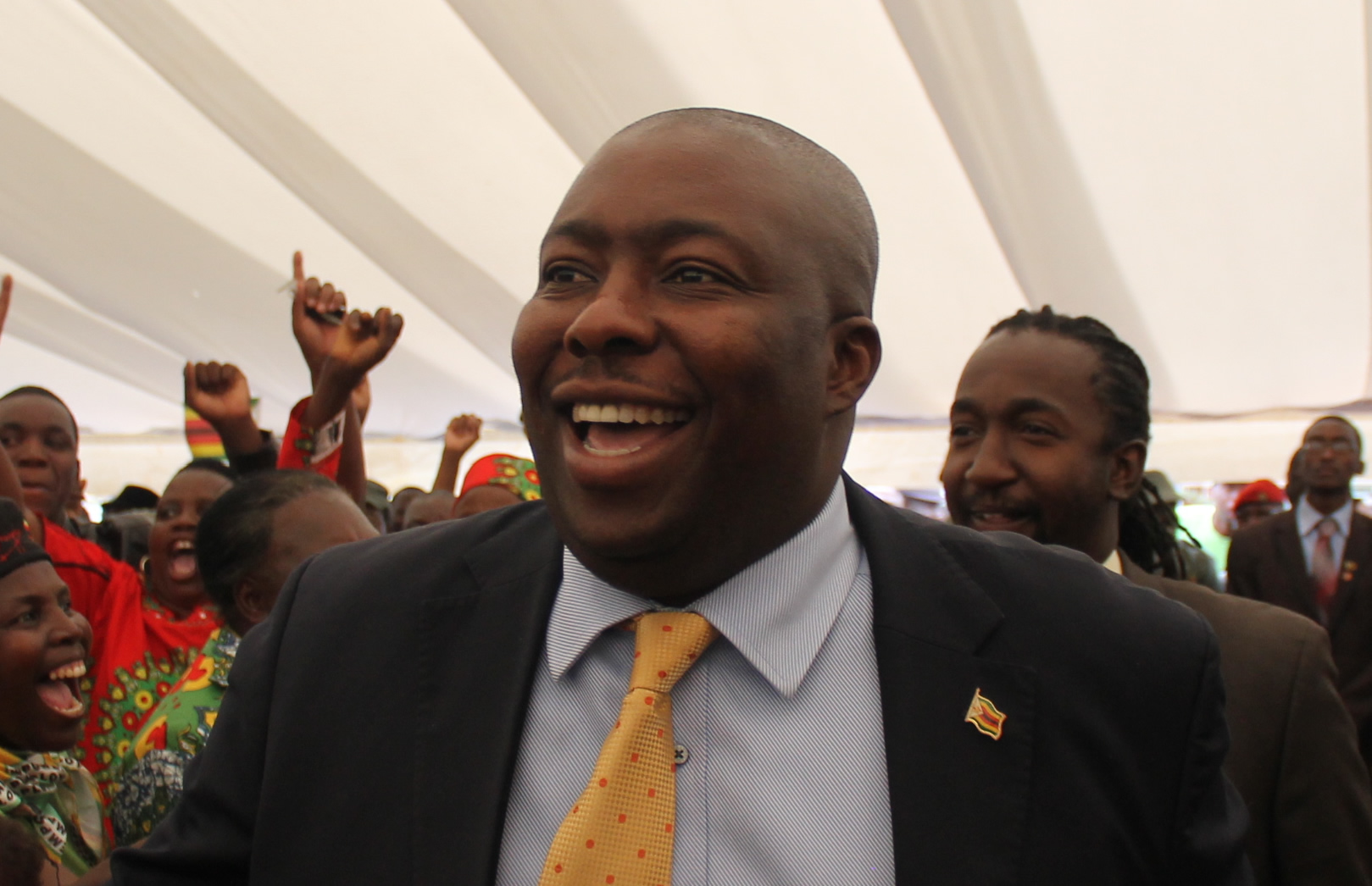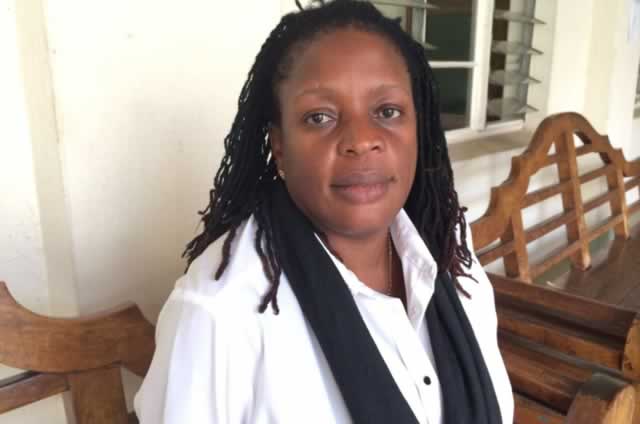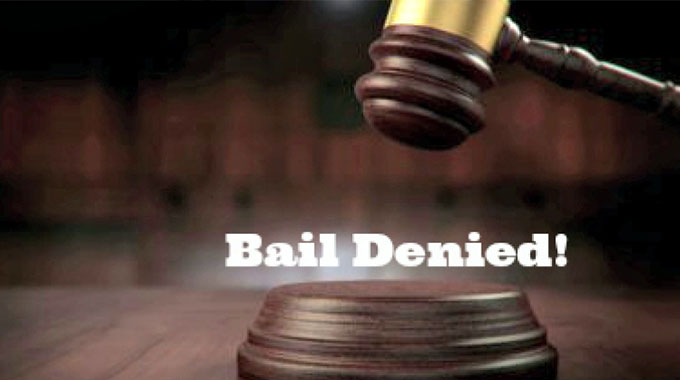We acted without instruction: AG

Daniel Nemukuyu Court Reporter
Attorney-General Advocate Prince Machaya has admitted to opposing the criminal defamation challenge by the Media Institute of Southern Africa on behalf of Information, Media and Broadcasting Services Minister Professor Jonathan Moyo when he had not been instructed to do so. MISA filed a Constitutional Court application arguing that Section 96 of the Criminal Law (Codification and Reform) Act was in violation of the people’s right to freedom of expression and freedom of the media as enshrined under Section 61 (1) and (2) of the Constitution.
However, Adv Machaya filed a notice of opposition on behalf of Prof Moyo defending Section 96 of the Criminal Law (Codification and Reform) Act, which criminalises defamation. Prof Moyo, who is on record condemning the law as uncivilised and draconian, breathed fire over the unilateral decision by the AG.
That prompted Adv Machaya to file a supplementary affidavit at the Constitutional Court correcting his mistake.
He indicated that he had no instructions to represent Prof Moyo, hence the initial opposing affidavit should be amended to delete any reference to the minister, who is second respondent.
“The purpose of this supplementary affidavit is to make a correction to the opposing affidavit by removing all references to second respondent there-from. This is because of the fact that after the opposing affidavit was filed, I established that my office, through the Civil Division, had not received any instructions from second respondent and I consequently did not have any express instructions to represent him even notwithstanding that he was being sued in his official capacity,” read Adv Machaya’s affidavit.
Adv Machaya said there was a communication breakdown between him and an official in his office Mrs Tsitsi Zvedi, who did not disclose to him that Prof Moyo had not given any instructions regarding the application. He apologised to the court for the inconveniences caused by the communication breakdown in his office. “I wish to apologise to this court for the oversight on my part and to request that the opposing affidavit be read as an affidavit deposed to only on behalf of first respondent (Justice Minister) and the Government of Zimbabwe . . .”
He said it was not necessary for MISA to cite the Minister of Information, Media and Broadcasting Services as a respondent. “I do not see why applicants saw it fit to cite second respondent as a party at all as they make no allegation in their founding affidavit that he has any statutory duties or responsibilities imposed upon him by law in relation to the impugned criminal offence of defamation. His removal from the text of the opposing affidavit will not, therefore, cause any prejudice to the applicants,” said Adv Machaya.
The Government, in papers purportedly filed by the AG, defended criminal defamation, arguing that “it fosters responsible journalism”. But Prof Moyo said he was shocked to learn the opposition had also been filed on his behalf, when he personally considers criminal defamation a “dead law”.
“Nobody in the AG’s office discussed the case with me. I hope there’s no mischief at play here, but something is fishy,” he said.
Prof Moyo added: “My position is very clear and is in the public record. The Constitutional Court has declared in a 2012 case that criminal defamation is inconsistent with and in contravention of the former Constitution of Zimbabwe. This means that it is a dead law which cannot be resurrected by the new Constitution.
“For this reason, it is my considered view that the court application that seeks to have a dead law declared null and void in terms of the new Constitution is itself dead and thus ill-conceived. There’s no need for such an application.”
Prof Moyo also took aim at Misa, saying he could not understand why he had been made a respondent in the case since he did not administer the criminal defamation law. In the papers filed with the Constitutional Court, Adv Machaya contested Misa’s bid to have Section 96 of the Criminal Law Codification Reform Act struck off from the statutes, allegedly because it is in violation of the right to freedom of expression and the media as guaranteed under Section 61(1) and (2) of the Constitution. Adv Machaya argued that from another angle, criminal defamation was a necessary evil. Criminalising defamation, Adv Machaya argued, was the best way to protect every citizen from intentional and malicious injury to character.
Adv Machaya said under the law in question, journalists should only be arrested where there was proof of intention to harm. He said although there were civil remedies for defamation, criminal defamation appeared to be a faster route.








Comments